Imagine this: You’re on a trip abroad, ready to dive into your favorite Netflix streaming series, but a dreaded message pops up: “This content isn’t available in your region.” Or maybe you’re at home, battling endless buffering because your internet provider throttles your connection during peak hours. Frustrating, right? A VPN for streaming can unlock global content and ensure buffer-free streaming, but with so many options, how to choose a VPN for streaming that actually works?
Don’t worry—this guide is your roadmap to picking the best VPN for streaming in 2025. Whether you’re a student on a budget or a tech-savvy traveler, we’ll break down the key factors, pitfalls to avoid, and pro tips to enjoy fastest VPN for streaming experiences on platforms like Hulu, Disney+, or BBC iPlayer. Let’s dive in and make streaming without buffering a reality!
Why Use a VPN for Streaming?
A VPN for streaming acts like a digital passport, letting you access content from anywhere while keeping your data safe. Here’s why it’s a must-have for streamers:
- Bypass Geo-Restricted Content: A VPN masks your location, letting you watch Netflix streaming libraries, BBC iPlayer abroad, or Hulu from outside the US.
- Avoid ISP Throttling: Some providers slow your connection during streaming. A VPN encrypts your traffic, preventing throttling for smoother playback.
- Enhance Privacy: Streaming without a VPN exposes your activity to ISPs or hackers on public Wi-Fi. A secure VPN for streaming keeps you anonymous.
Take Emma, a college student studying in Germany. She used a VPN to access her Disney+ account from home in the US, enjoying her favorite Marvel shows without hassle. But not all VPNs are built for streaming—some are slow or get blocked. A 2024 Comparitech study found 65% of VPN users prioritize streaming VPN speed, showing its growing importance. So, how do you pick the right one?
Key Factors to Consider When Choosing a VPN for Streaming
Choosing the best VPN for streaming can feel like navigating a maze, but focusing on these factors will guide you to a reliable choice.
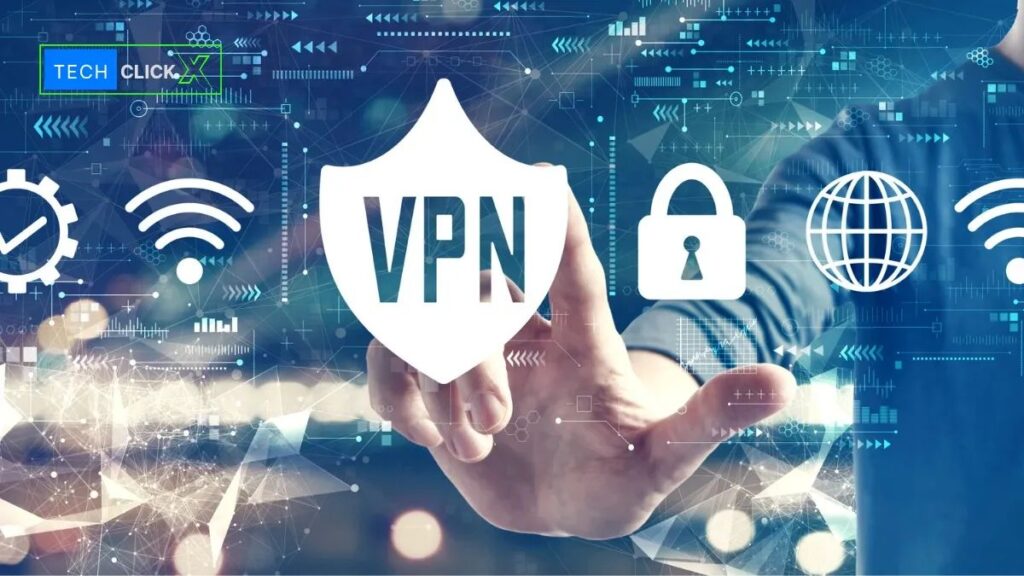
1. Speed and Performance
For streaming without buffering, especially in 4K, speed is king. A VPN routes your traffic through a server, which can slow things down if not optimized. Look for providers with high-speed servers and low latency. Test servers during a free trial or money-back period to ensure they handle 4K streaming smoothly.
2. Server Locations and Network Size
A VPN’s server locations determine what content you can access. For example, you need US servers for Netflix streaming or UK servers for BBC iPlayer abroad. A large network size (thousands of servers across 50+ countries) offers flexibility to unblock Hulu, Disney+, or sports streams. Check the VPN’s server list to ensure it covers your desired regions.
3. Streaming Platform Compatibility
Streaming services like Netflix actively block VPNs to enforce geo-restrictions. Choose a VPN known for unblocking major platforms like Hulu, Disney+, or Amazon Prime Video. Look for providers that regularly update their servers to stay ahead of blocks. User reviews or the VPN’s website often list supported platforms to confirm VPN app compatibility.
4. Ease of Use
Not everyone’s a tech wizard, so a user-friendly VPN is key. Look for apps with simple interfaces, available on devices like Smart TVs, Fire Stick, iOS, or Android. A good VPN should offer one-click connections and setup guides for routers or gaming consoles to simplify your streaming VPN experience.
5. Security and Privacy Features
Even for streaming, don’t skimp on security. A secure VPN for streaming should include:
- No-logs policy: Ensures your activity isn’t tracked.
- Strong encryption: Protects your data on public Wi-Fi.
- Kill switch: Prevents leaks if the VPN drops.
These features ensure your VPN privacy features keep you safe while streaming.
6. Pricing and Value
VPNs range from free to $10+/month. Free VPNs often have data caps, slow speeds, or ads, making them poor for streaming without buffering. Affordable VPN for streaming options start at $2–$3/month on long-term plans. Look for money-back guarantees (30 days is standard) to test the VPN risk-free. Check out a guide to choosing a VPN for more insights.
7. Customer Support
Streaming glitches, like a blocked server, can ruin your movie night. Choose a VPN with 24/7 live chat support to fix issues fast. Providers with responsive support make troubleshooting VPN for streaming problems a breeze.
Common Mistakes to Avoid
Picking a VPN is like choosing a travel buddy—you want reliability. Avoid these traps:
- Choosing Free VPNs: They often have data caps (e.g., 500MB/day), slow speeds, or privacy risks, making them unreliable for streaming VPN use.
- Ignoring Server Locations: Limited server locations restrict access to geo-restricted content.
- Overlooking Compatibility: Ensure the VPN supports your Fire Stick, Smart TV, or other devices.
- Not Checking Streaming Support: Some VPNs don’t unblock Netflix streaming or Hulu.
For example, Alex tried a free VPN to watch Hulu but hit a data cap mid-episode. Switching to a paid VPN with streaming-optimized servers fixed his issue.
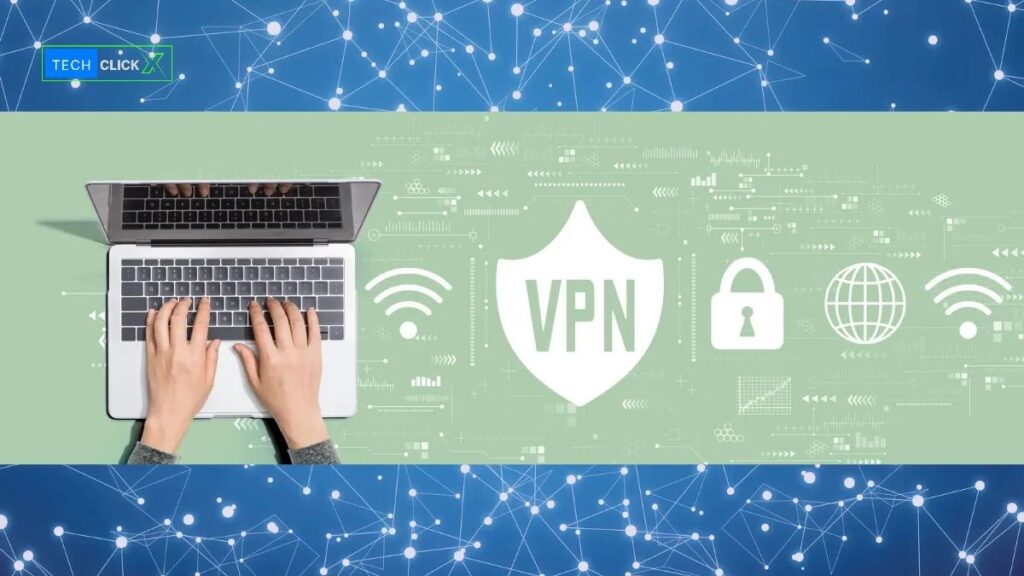
Top Tips for Optimizing Your VPN for Streaming
Maximize your VPN for streaming with these practical tips:
- Test Multiple Servers: Speeds vary, so try different server locations to find the fastest VPN for streaming.
- Use Split Tunneling: Route only streaming traffic through the VPN to maintain speed for other apps.
- Update the App: Regular updates fix compatibility issues with platforms like Disney+.
- Choose Streaming-Optimized Servers: Some VPNs label servers for Netflix streaming or Hulu for better performance.
For instance, Priya switched to a streaming-optimized server in the US and enjoyed 4K streaming on Disney+ without lag.
FAQs
What is the best way to choose a VPN for streaming Netflix?
Look for a VPN with streaming-optimized servers, fast speeds, and US server locations. Check how to compare VPN features for streaming.
Can I use a free VPN for streaming?
Free VPNs often have data caps or slow speeds, making them unreliable for streaming without buffering. Paid options are better for Netflix streaming or Hulu.
Will a VPN slow down my streaming?
A fastest VPN for streaming minimizes speed loss. Test servers to ensure buffer-free streaming.
How do I know if a VPN works with my streaming service?
Check the VPN’s website or reviews for compatibility with Hulu, Disney+, or BBC iPlayer abroad.
Are VPNs legal for streaming?
VPNs are legal in most countries, but using them for geo-restricted content may violate platform terms. Check local laws.
Conclusion
Learning how to choose a VPN for streaming in 2025 unlocks a world of entertainment without borders. By prioritizing streaming VPN speed, server locations, and VPN app compatibility, you can enjoy Netflix streaming, Hulu, or Disney+ without buffering or geo-restrictions. Avoid free VPNs and focus on providers with strong VPN privacy features and user-friendly apps.
Whether you’re a student craving affordable VPN for streaming options or a traveler needing BBC iPlayer abroad, the right VPN makes all the difference. Research providers, read reviews, and test with money-back guarantees. With these tips, you’ll be streaming seamlessly from anywhere—happy watching!
Read also: मोबाइल चार्जिंग की 5 गलतियां जो हर कोई करता है – आपकी बैटरी लाइफ कैसे बढ़ाएं

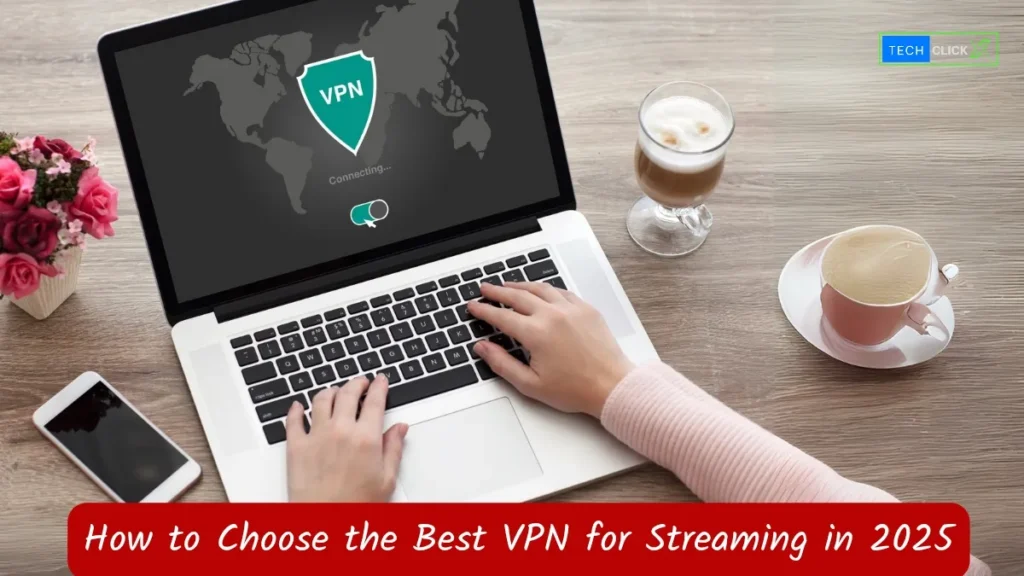
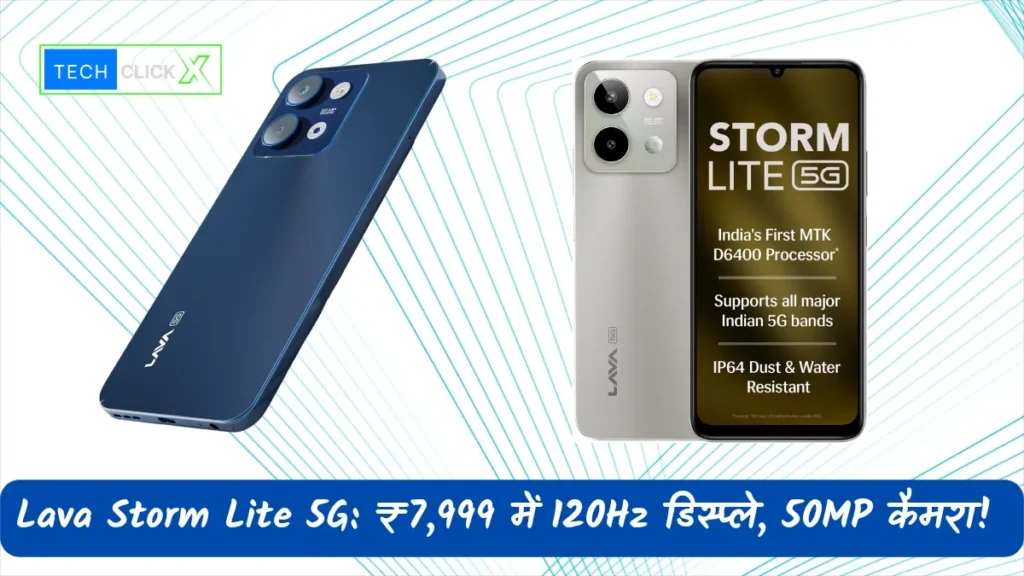
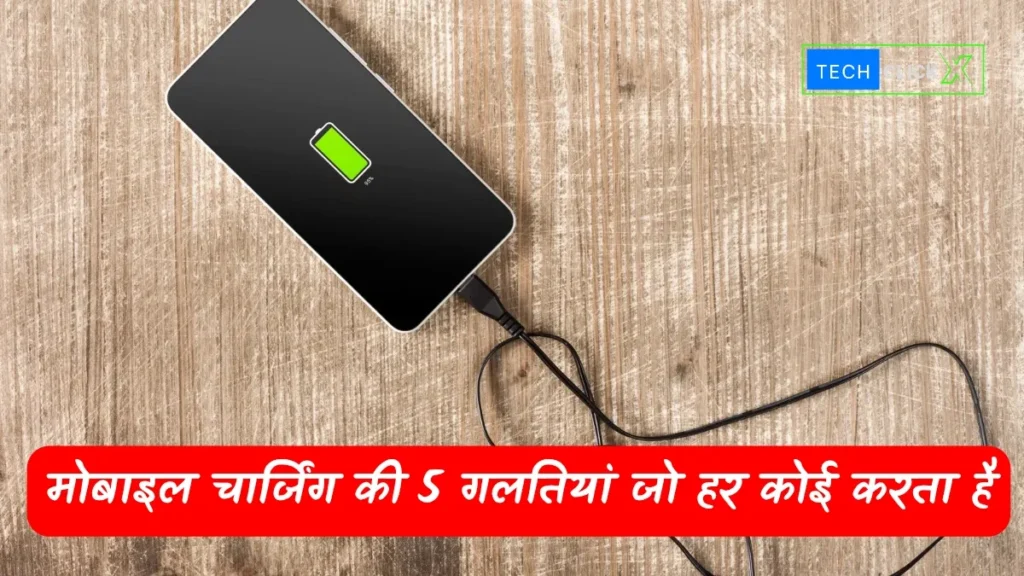
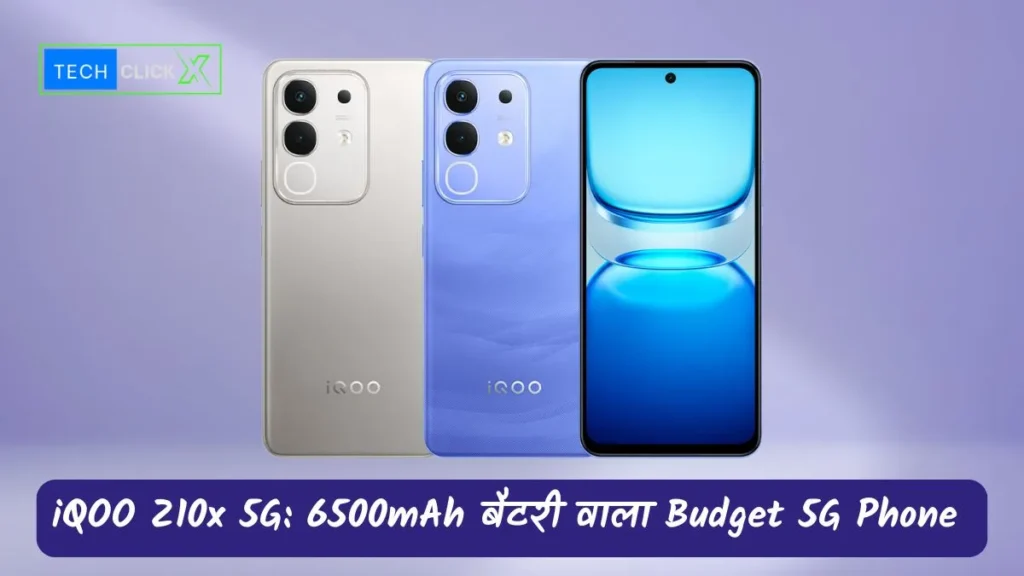
Pingback: Why 5G Drains Battery Faster: Myth Or Fact? (2026 Truth) - Tech ClickX